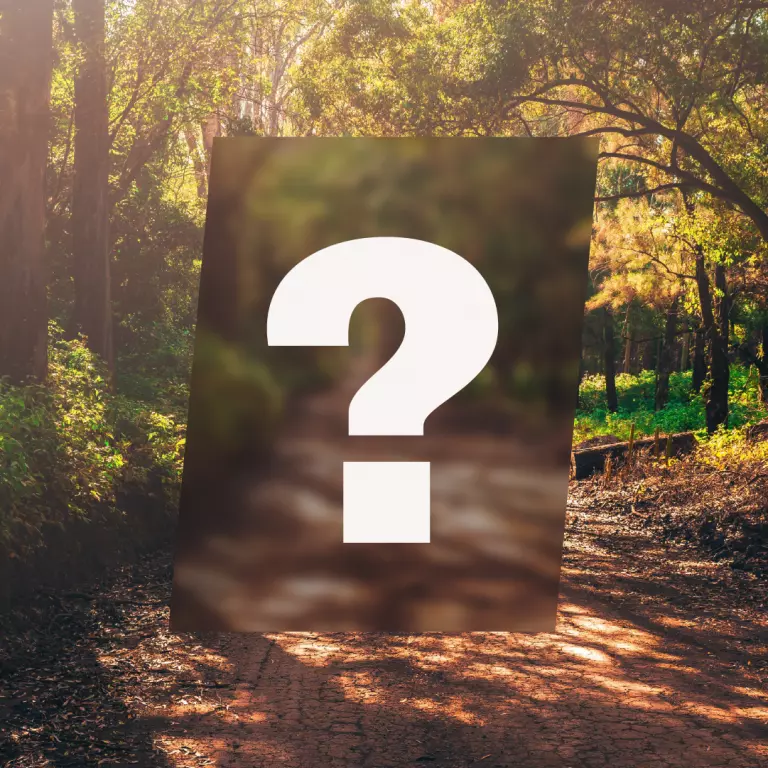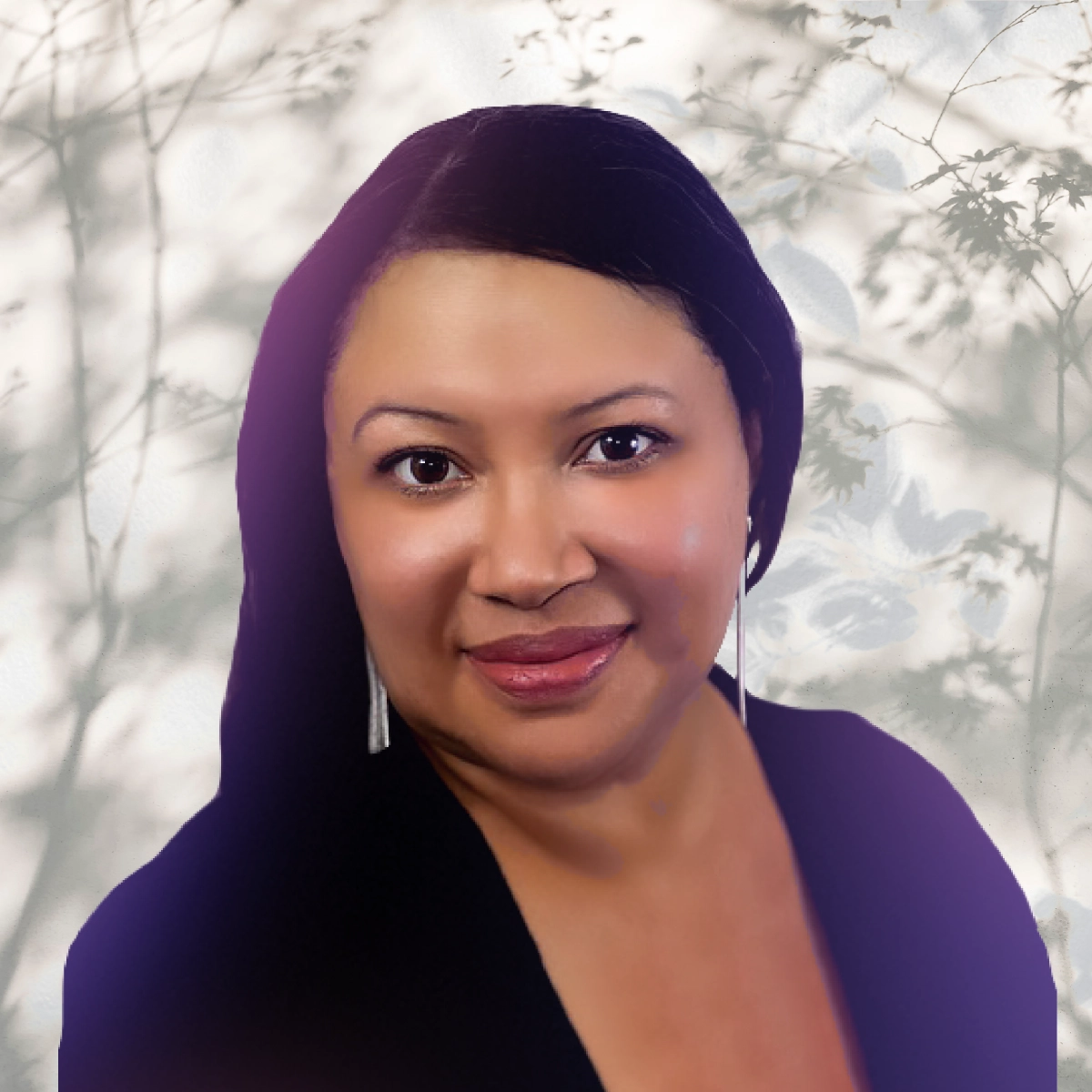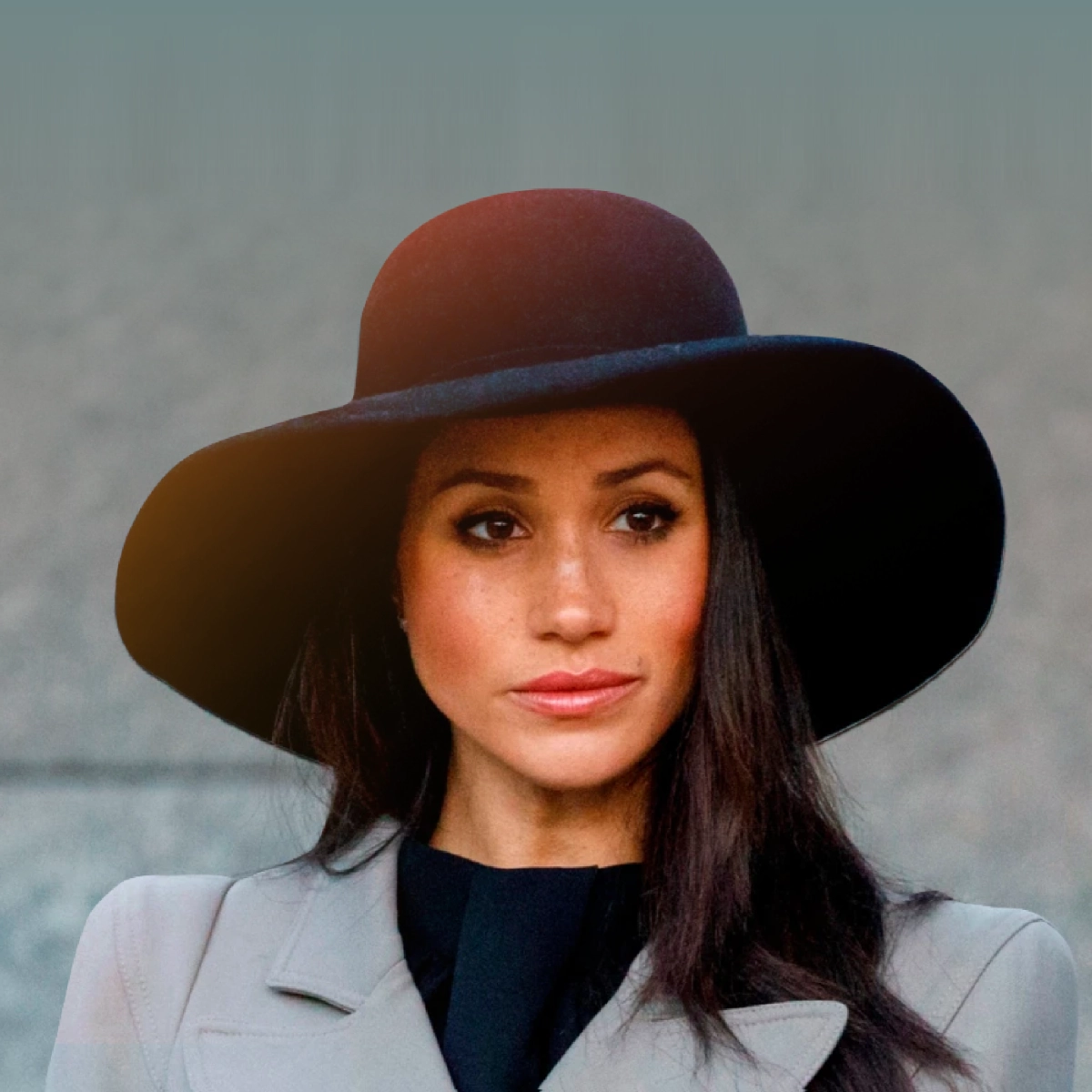The first time Marvel’s Black Panther was introduced to the public, it was widely assumed that the character was named after the Black Panther Party. In reality, the comic debuted in July 1966, and the Black Panther Party (BPP) was formed by Bobby Seale and Huey Newton just a few months later in October. The two Panthers are unrelated, and Marvel actually briefly changed their hero’s name to the Black Leopard to avoid political associations.
The real story of influence is how the BPP directly inspired the foundation of the Polynesian Panther Party (PPP), a New Zealand-based group formed in 1971 to fight injustices against Indigenous Māori and Pacific Islanders in Auckland. The PPP directly adopted many Black Panther practices, including the ten-point program the BPP put forth outlining their goals.
The indigenous peoples of the Pacific Islands, sometimes known as Pasifikas, and Black Americans historically have faced similar issues and still do today: redlining, racial profiling, disproportionate incarceration and notably, segregation in sports. In the same way that the Black Panther Party stressed education as a primary means to justice (as opposed to violence, which popular narratives that still persist would suggest), the Polynesian Panthers stressed raising consciousness and community wellbeing as their response to racial discrimination.

The original PPP dissolved relatively quickly when founding member Will ‘Ilolahia fled the country in 1983 after being threatened by police. But today, the effects of the Party’s efforts remain. The Party inspired the wider Pasifika movement that prioritizes justice and equality for all Pasifikas.
The ideals of the Polynesian Panther movement, like those of the Black Panthers, still exist today. In 2016, activists operating under the name of The Polynesian Black Panther Party attended the American Black Panther Party’s 50th Anniversary Reunion in Oakland, California. Today, the Pasifika movement continues not just the legacy of the PPP, but also of the Black Panthers, serving as a strong example of how all struggles for equality are connected, and necessarily so.





